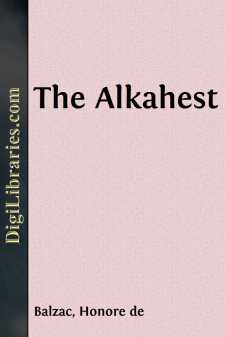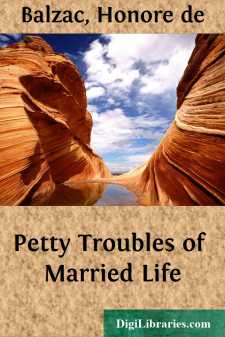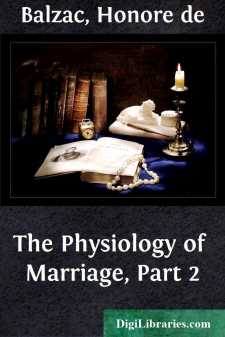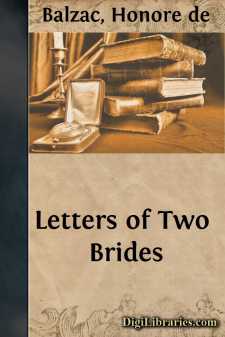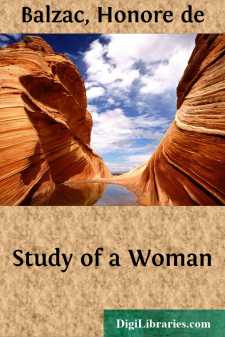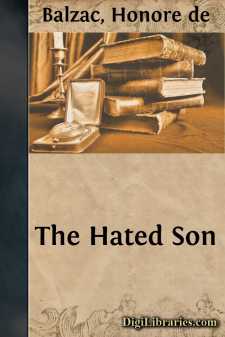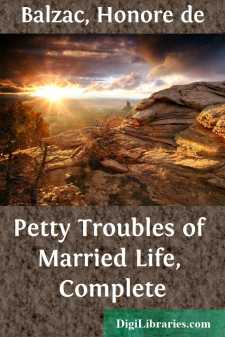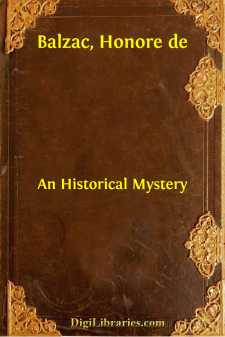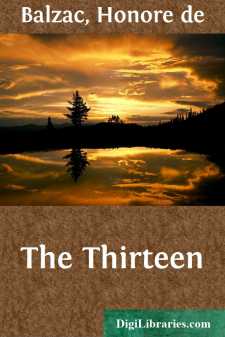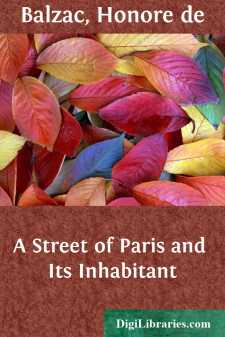Categories
- Antiques & Collectibles 13
- Architecture 36
- Art 48
- Bibles 22
- Biography & Autobiography 813
- Body, Mind & Spirit 142
- Business & Economics 28
- Children's Books 17
- Children's Fiction 14
- Computers 4
- Cooking 94
- Crafts & Hobbies 4
- Drama 346
- Education 46
- Family & Relationships 57
- Fiction 11829
- Games 19
- Gardening 17
- Health & Fitness 34
- History 1377
- House & Home 1
- Humor 147
- Juvenile Fiction 1873
- Juvenile Nonfiction 202
- Language Arts & Disciplines 88
- Law 16
- Literary Collections 686
- Literary Criticism 179
- Mathematics 13
- Medical 41
- Music 40
- Nature 179
- Non-Classifiable 1768
- Performing Arts 7
- Periodicals 1453
- Philosophy 64
- Photography 2
- Poetry 896
- Political Science 203
- Psychology 42
- Reference 154
- Religion 513
- Science 126
- Self-Help 84
- Social Science 81
- Sports & Recreation 34
- Study Aids 3
- Technology & Engineering 59
- Transportation 23
- Travel 463
- True Crime 29
The Alkahest
by: Honore de Balzac
Categories:
Description:
Excerpt
CHAPTER I
There is a house at Douai in the rue de Paris, whose aspect, interior arrangements, and details have preserved, to a greater degree than those of other domiciles, the characteristics of the old Flemish buildings, so naively adapted to the patriarchal manners and customs of that excellent land. Before describing this house it may be well, in the interest of other writers, to explain the necessity for such didactic preliminaries,—since they have roused a protest from certain ignorant and voracious readers who want emotions without undergoing the generating process, the flower without the seed, the child without gestation. Is Art supposed to have higher powers than Nature?
The events of human existence, whether public or private, are so closely allied to architecture that the majority of observers can reconstruct nations and individuals, in their habits and ways of life, from the remains of public monuments or the relics of a home. Archaeology is to social nature what comparative anatomy is to organized nature. A mosaic tells the tale of a society, as the skeleton of an ichthyosaurus opens up a creative epoch. All things are linked together, and all are therefore deducible. Causes suggest effects, effects lead back to causes. Science resuscitates even the warts of the past ages.
Hence the keen interest inspired by an architectural description, provided the imagination of the writer does not distort essential facts. The mind is enabled by rigid deduction to link it with the past; and to man, the past is singularly like the future; tell him what has been, and you seldom fail to show him what will be. It is rare indeed that the picture of a locality where lives are lived does not recall to some their dawning hopes, to others their wasted faith. The comparison between a present which disappoints man's secret wishes and a future which may realize them, is an inexhaustible source of sadness or of placid content.
Thus, it is almost impossible not to feel a certain tender sensibility over a picture of Flemish life, if the accessories are clearly given. Why so? Perhaps, among other forms of existence, it offers the best conclusion to man's uncertainties. It has its social festivities, its family ties, and the easy affluence which proves the stability of its comfortable well-being; it does not lack repose amounting almost to beatitude; but, above all, it expresses the calm monotony of a frankly sensuous happiness, where enjoyment stifles desire by anticipating it. Whatever value a passionate soul may attach to the tumultuous life of feeling, it never sees without emotion the symbols of this Flemish nature, where the throbbings of the heart are so well regulated that superficial minds deny the heart's existence. The crowd prefers the abnormal force which overflows to that which moves with steady persistence. The world has neither time nor patience to realize the immense power concealed beneath an appearance of uniformity. Therefore, to impress this multitude carried away on the current of existence, passion, like a great artist, is compelled to go beyond the mark, to exaggerate, as did Michael Angelo, Bianca Capello, Mademoiselle de la Valliere, Beethoven, and Paganini....


